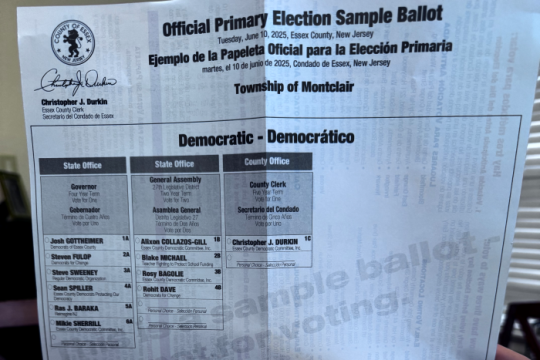What does the “freedom to choose” really mean?

Reproductive rights refer to the freedom to choose when, if and how to have a family. While many associate the phrase exclusively with abortion, it encompasses much more. Included in reproductive rights are access to abortion counseling and services, birth control and contraceptives, sexuality education, access to post pregnancy options (including adoption), and issues around parental notification and consent to reproductive health care. It is an issue that impacts all people, but perhaps most directly affects those who can get pregnant (which is not just women!).
Access to all the facets of reproductive rights is essential to ensuring that individuals can make the choices that are best for them. For example, without sexuality education, an individual’s ability to make appropriate and informed decisions about their body may be hindered. While it is critical that the legal right to quality and comprehensive reproductive health care continues to be upheld, the right to services alone is not enough. The second component is access, which has been continuously and dangerously restricted by state laws. These include TRAP laws (targeted regulation of abortion providers) that can make it so unnecessarily difficult or costly to operate a facility, many are forced to shut down. This causes a clear barrier to access; one-third of U.S. women seeking abortions travel at least 25 miles for services.
We should also consider the intersectional theory of reproductive justice, which focuses on marginalized communities and the broader range of factors that influence who is able to access reproductive health care. This perspective recognizes the systemic oppression of folks based on class, race, sexual orientation and immigration status as the main contributor to disparate access to services.
If access is restricted, even if we do technically or legally have the right to choose, do we truly have the freedom to choose? Perhaps we have to move beyond the framework of rights alone to fully achieve uninhibited freedom.
The fundamental Jewish belief in the sanctity of life underscores the need for access to quality reproductive health care for all people. Maimonides, a revered Jewish scholar, listed health care first on his list of the ten most important communal services that a city had to offer its residents (Mishneh Torah, Hilchot De'ot IV: 23). Throughout history, Jewish communities put that view into practice, setting up systems that ensured all citizens could access health care. Doctors were required to reduce their rates for poor patients, and when that was not sufficient, communal subsidies were established (Shulchan Aruch, Yoreh Deah 249:16; Responsa Ramat Rahel of Rabbi Eliezer Waldernberg, sections 24-25). It is essential that we continue to advocate for unobstructed access to services without undue interference, including comprehensive education and resources that can assist individuals in making the decisions that are best for their own bodies and lives.
Related Posts

RAC-NY Update

Lessons from the 2025 New Jersey Primary Election
